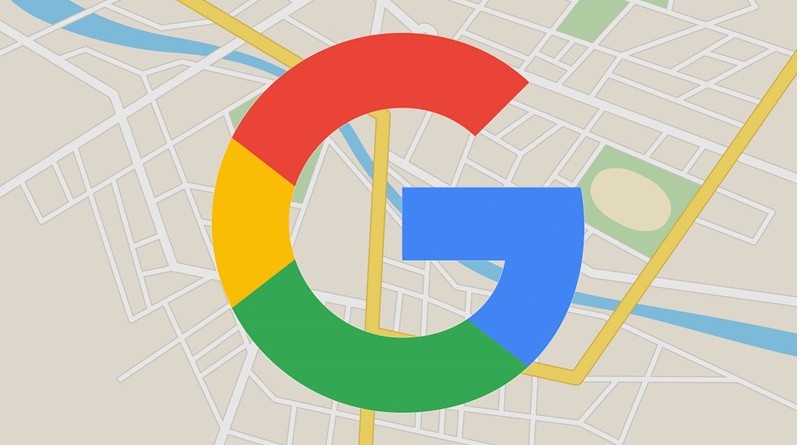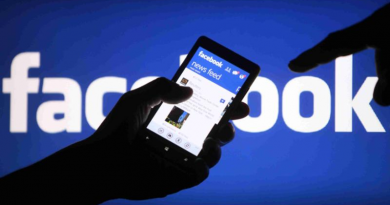Google is shutting down its ambitious balloon-powered Internet Project in Kenya
Google has announced that it is shutting down its balloon-powered mobile Internet service, Loon, in Kenya.
The project was launched in Kenya in 2018 in partnership with Telkom Kenya and sought to enable internet access to remote areas where setting up the traditional infrastructure is difficult or economically unviable. By last year, the project had however not kicked off over regulatory issues.
ICT Cabinet Secretary Joe Mucheru cited the laggard nature of Kenya’s bureaucracy process as the major hindrance.
The ambitious project, however, went live in July last year. The project was given a green light by the government in March after schools shutdown and movement was restricted in and out of Kenya’s capital, Nairobi due to the coronavirus pandemic.
Utilizing a fleet of around 35 ballons, the balloons can beam 4G LTE signals to cover nearly 50,000 square kilometres. The project was providing signals to Telkom subscribers across western and central. Areas covered included Iten, Eldoret, Baringo, Nakuru, Kakamega, Kisumu, Kisii, Bomet, Kericho, and Narok.
.Loon’s launch in Kenya was the first application of balloon-powered internet in Africa.
“Loon’s journey is coming to an end. Thank you to everyone who believed in us and our mission of connecting people everywhere,” said Alastair Westgarth, Loon’s CEO in a statement.
Loon is also winding down as a company for lack of sustainability.
“When we unveiled Loon in June 2013, we meant everything in its name. It was a way-out-there and risky venture,” said Astro Teller, X lead.
“Sadly, despite the team’s groundbreaking technical achievements over the last 9 years — doing many things previously thought impossible — the road to commercial viability has proven much longer and riskier than hoped. So we’ve made the difficult decision to close down Loon. In the coming months, we’ll begin winding down operations and it will no longer be an Other Bet within Alphabet.”
In Africa, the company had also ventured into a new market, Mozambique. It had partnered with Vodacom to enable reliable 4G internet in two provinces in the country – Cabo Delgado and Niassa provinces – which have proved to be hard to cover in the past.




